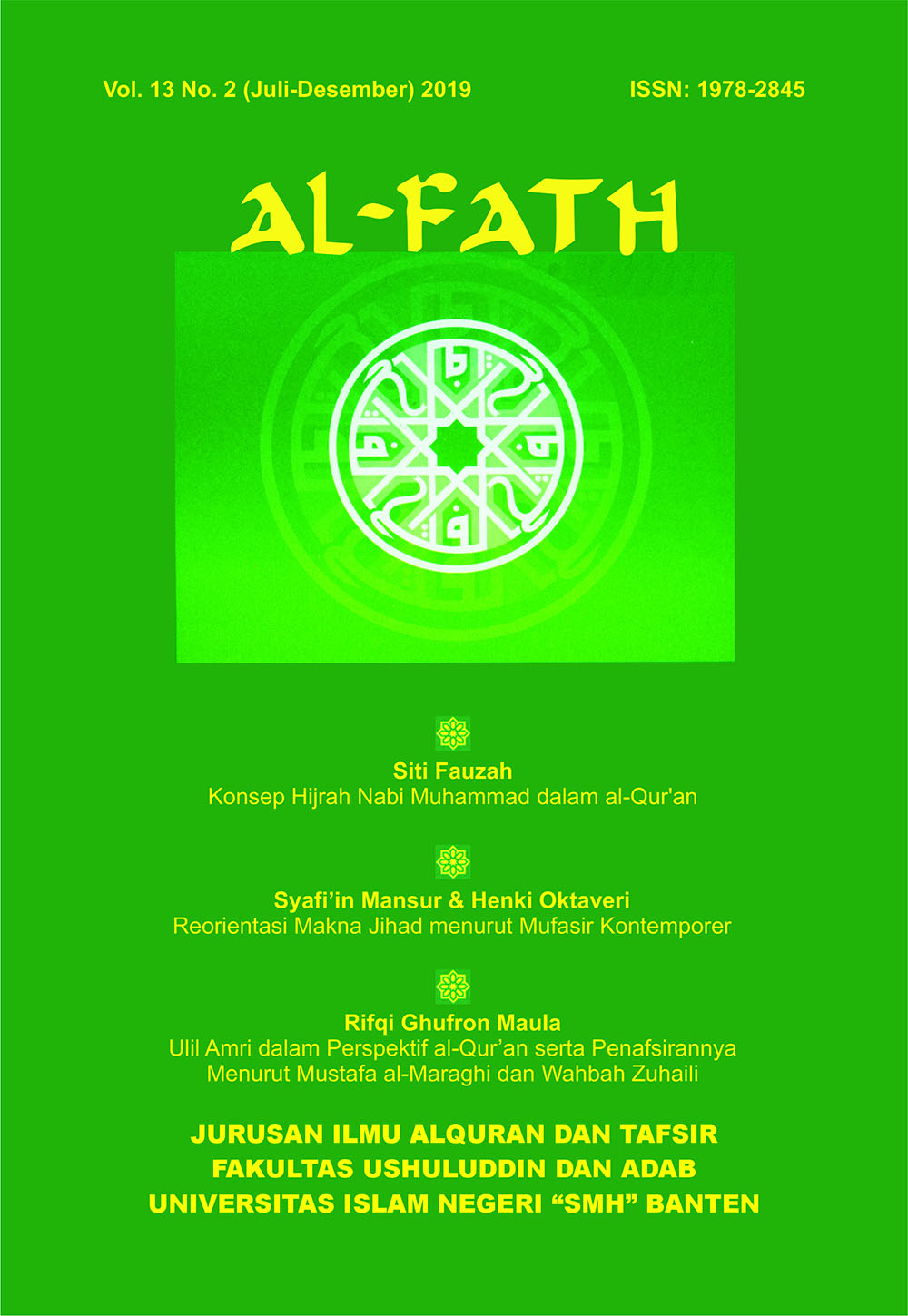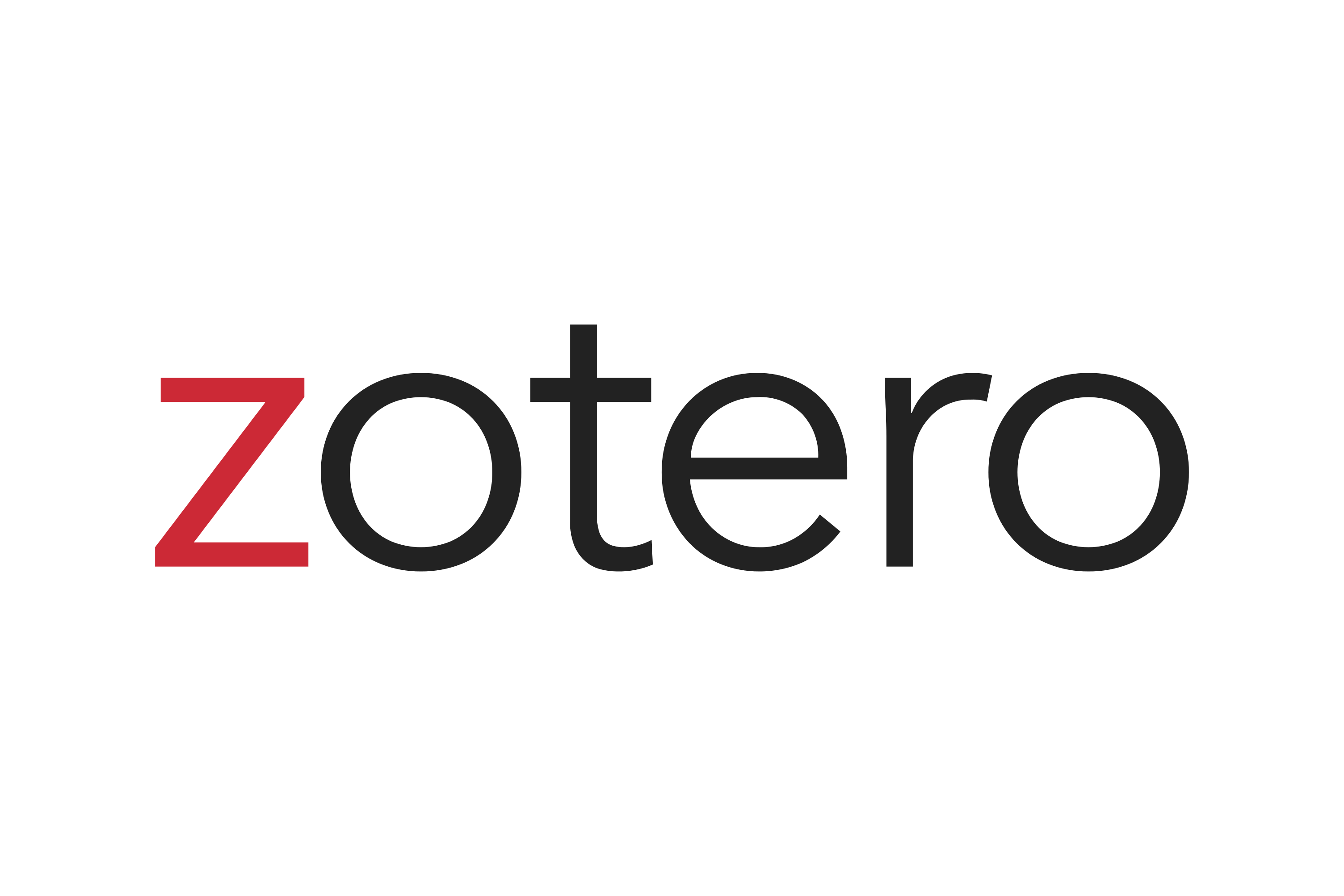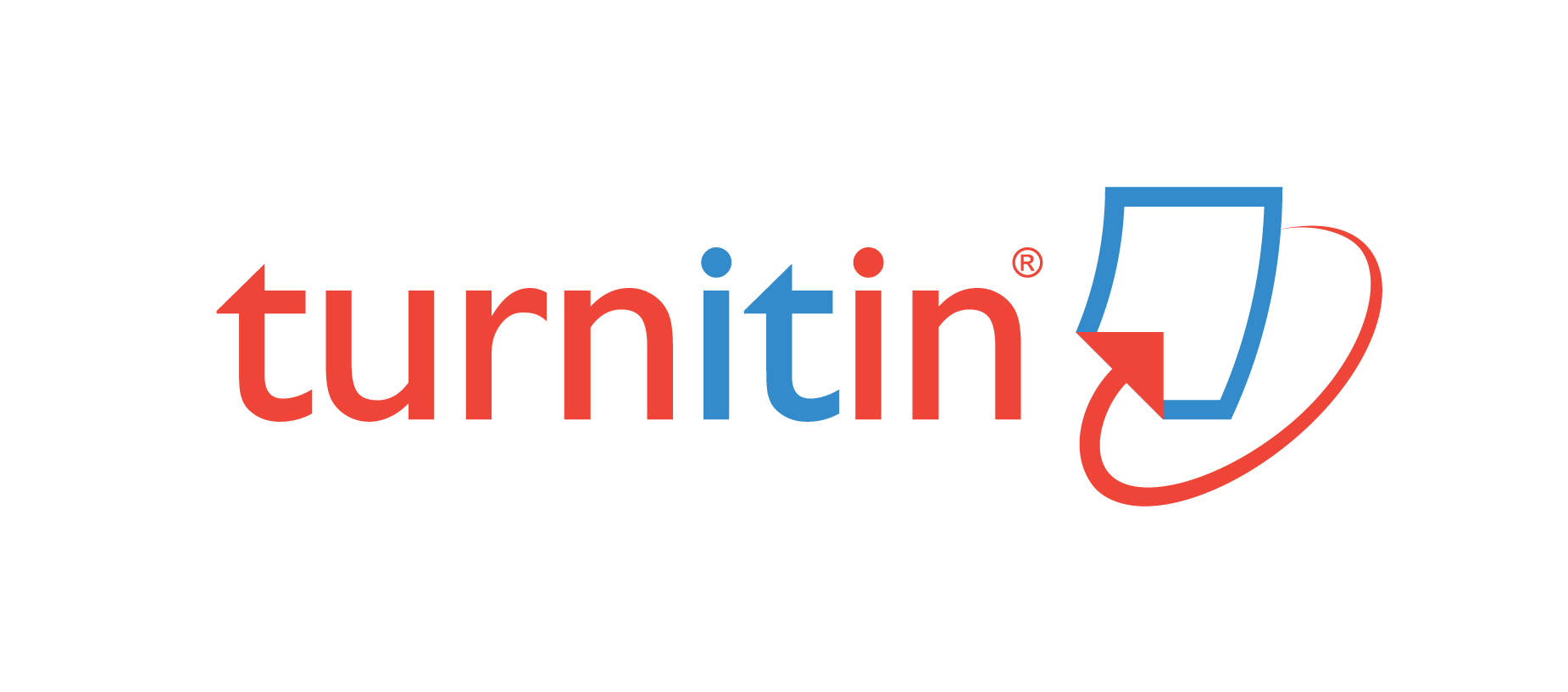Ulil Amri dalam Perspektif Al-Qur’an Serta Penafsirannya Menurut Ahmad Musṭafā Al-Marāgī dan Wahbah Zuḥailī
DOI:
https://doi.org/10.32678/alfath.v13i2.2896Keywords:
Ulil Amri, al-Qur'anAbstract
Artikel ini menganalisis makna Ulil Amri dan system kepemerintahan dalam Al-Qur’an dengan memfokuskan pembahasan pada penafsiran Ahmad Musṭafā Al-Marāgī dan Wahbah Zuḥailī. Tulisan ini merusaha menguraikan makna Ulil Amri secara kritis, komprehensif, dan seimbang dengan metode komparatif (perbandingan) antara penafsiran Ulil Amri menurut Ahmad Musṭafā Al-Marāgī dan Wahbah Zuḥailī. Penulis menyimpulkan bahwa Ahmad Musṭafā Al-Marāgī dan Wahbah Zuḥailī memiliki persamaan pendapat tentang makna Ulil Amri. Adapun perbedaan diantara keduanya hanyalah dari segi bahasa dan penyampaiannya, jika Al-Marāgī menafsirkan dengan begitu mujmal (global) sedangkan Wahbah Zuḥailī menafsirkannya dengan sangat rinci. Tetapi, penulis juga menambahkan beberapa pendapat tentang Ulil Amri dari ulama lain selain yang penulis fokuskan.
Downloads
Downloads
Published
How to Cite
Issue
Section
License
Copyright Notice

Al-Fath: http://jurnal.uinbanten.ac.id/ is licensed under a Creative Commons Attribution-ShareAlike 4.0 International License
An author who publishes in Al-Fath agrees to the following terms:
- Author retains the copyright and grants the journal the right of first publication of the work simultaneously licensed under the Creative Commons Attribution-ShareAlike 4.0 License that allows others to share the work with an acknowledgment of the work's authorship and initial publication in this journal
- Author is able to enter into separate, additional contractual arrangements for the non-exclusive distribution of the journal's published version of the work (e.g., post it to an institutional repository or publish it in a book) with the acknowledgment of its initial publication in this journal.
- Author is permitted and encouraged to post his/her work online (e.g., in institutional repositories or on their website) prior to and during the submission process, as it can lead to productive exchanges, as well as earlier and greater citation of the published work (See The Effect of Open Access).
Privacy Statement
The names and email addresses entered in this journal site will be used exclusively for the stated purposes of this journal and will not be made available for any other purpose or to any other party.










